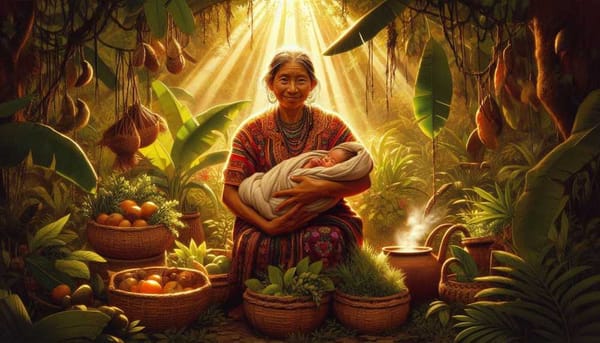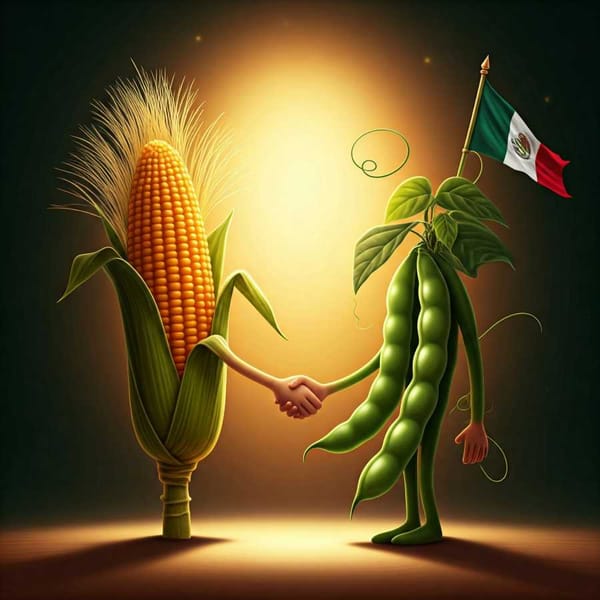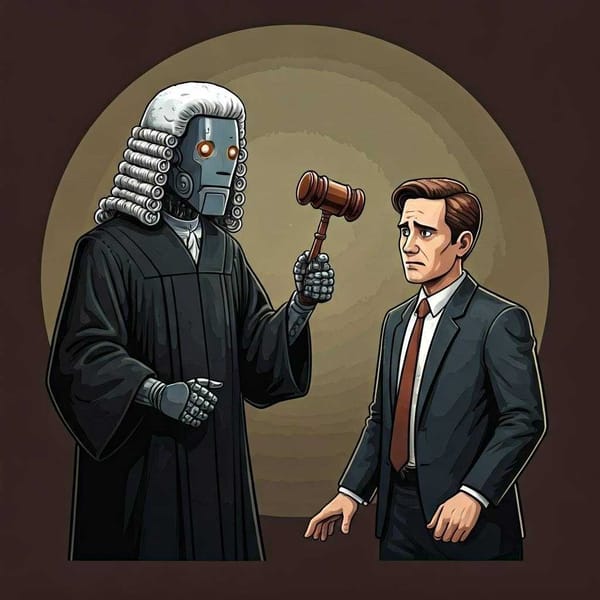The last days of Pablo Escobar in the mysterious Casa Azul
How was the Colombian drug lord Pablo Escobar moments before he was assassinated? His passion for a color, his goodbye to his family, and a pledge he was never able to keep.

How was the Colombian drug lord Pablo Escobar moments before he was assassinated? His passion for a color, his goodbye to his family, and a pledge he was never able to keep.


In Yucatan’s Chenes region, Maya descendants wield nature healing with plants and ancestral wisdom—midwives, bone-setters, and jungle pharmacies. Why pop pills when Jaguar’s Paw and dirt-cheap remedies work? Modern medicine’s flashy, but here, survival’s oldest manual still thrives.

Mexico is prioritizing food sovereignty by supporting small farmers and sustainable practices. Sec. Berdegué outlined a plan focused on water efficiency, self-sufficiency in staples like corn and beans, and environmental protection.

Legal experts at the XII International Congress on Teaching Law expressed concerns about AI's impact on jurisprudence. They fear algorithmic echo chambers, erosion of truth, and students outsourcing critical thinking to machines.

Mexico is leading Latin America in agroecology, shifting from chemical-intensive farming to sustainable practices. Through 4,500 "Field Schools," farmers learn techniques like reduced tillage, bio-inputs, and on-farm seed production.